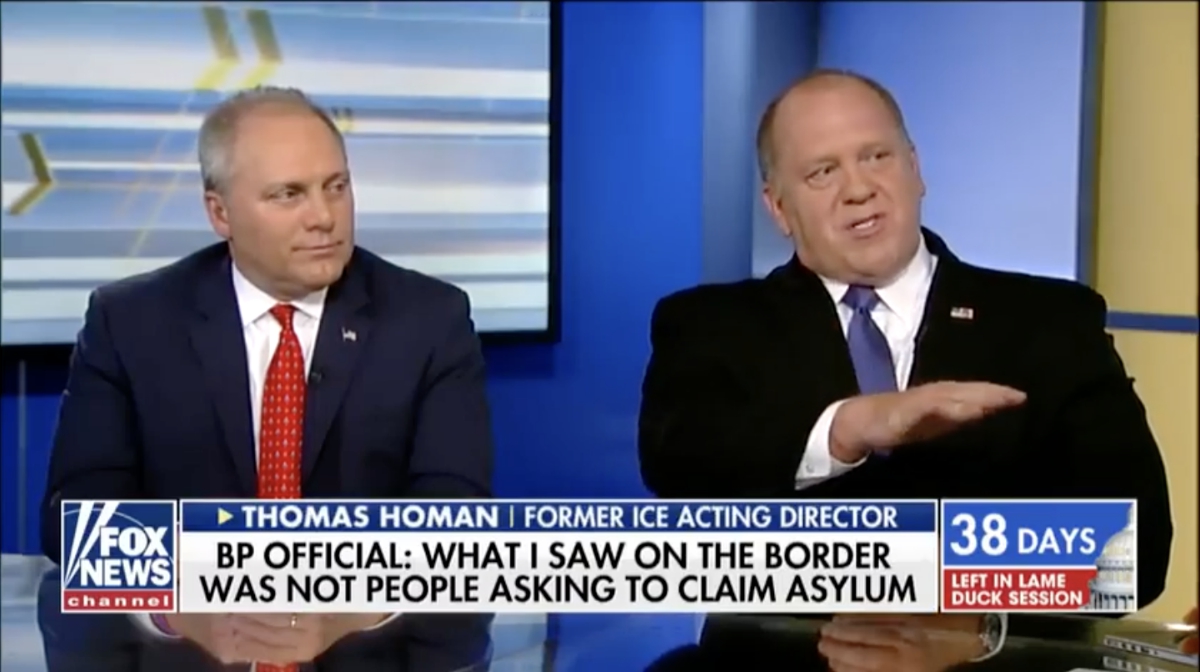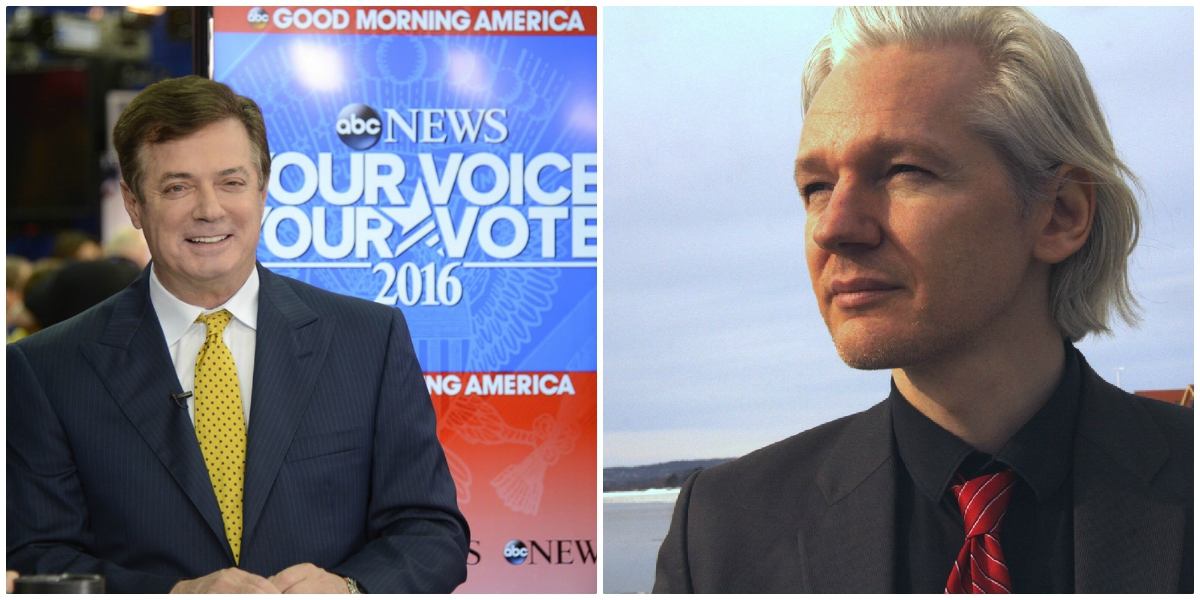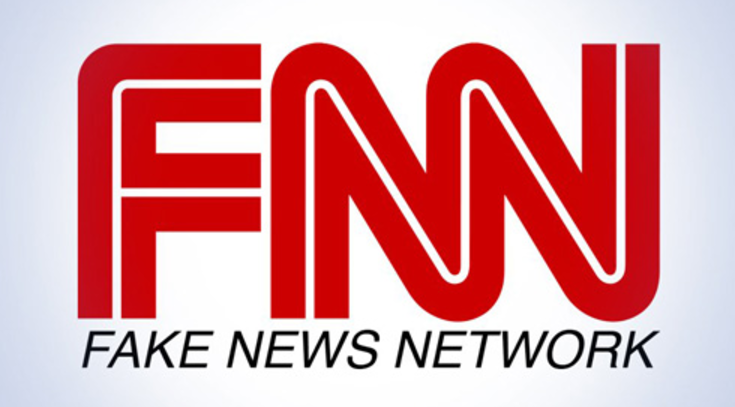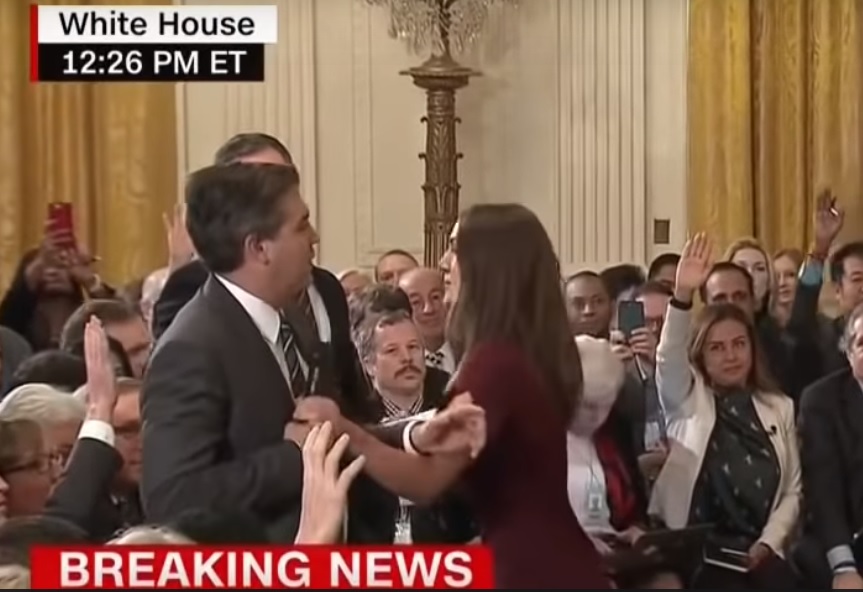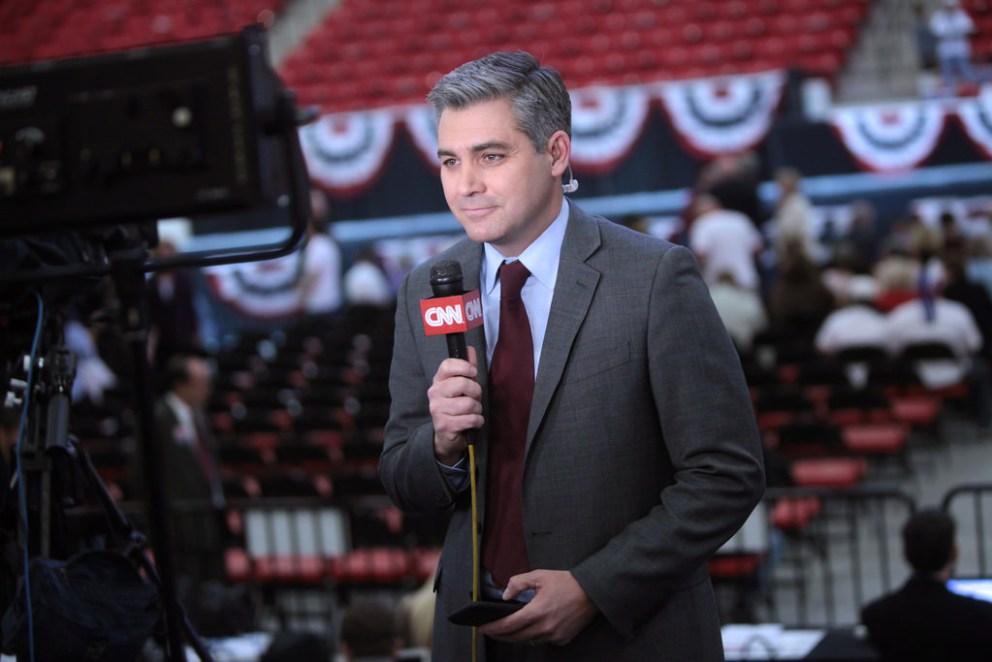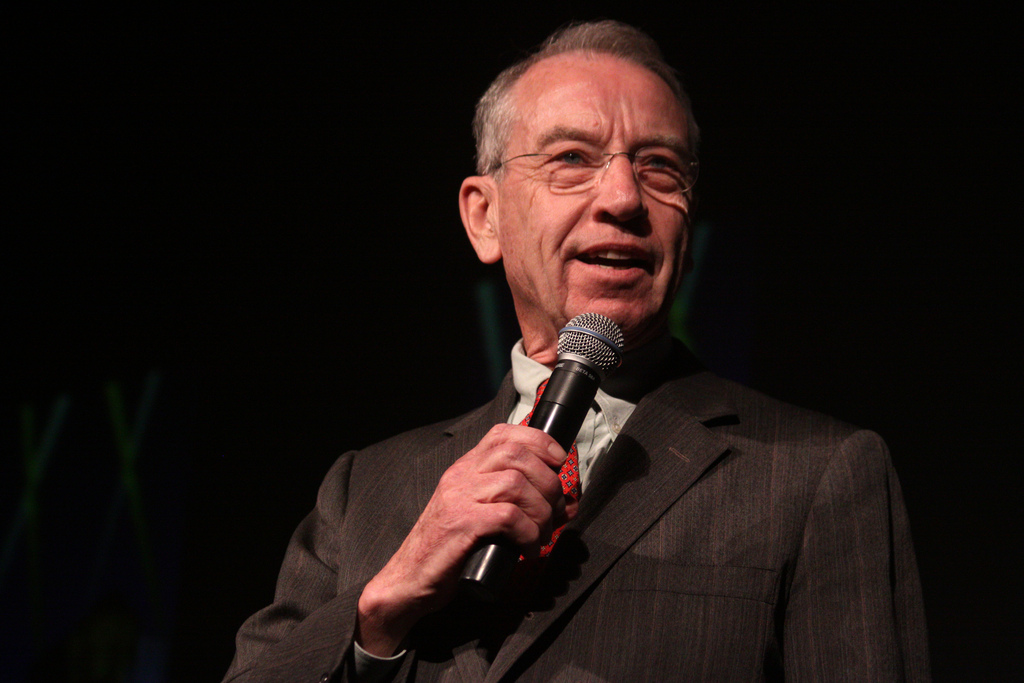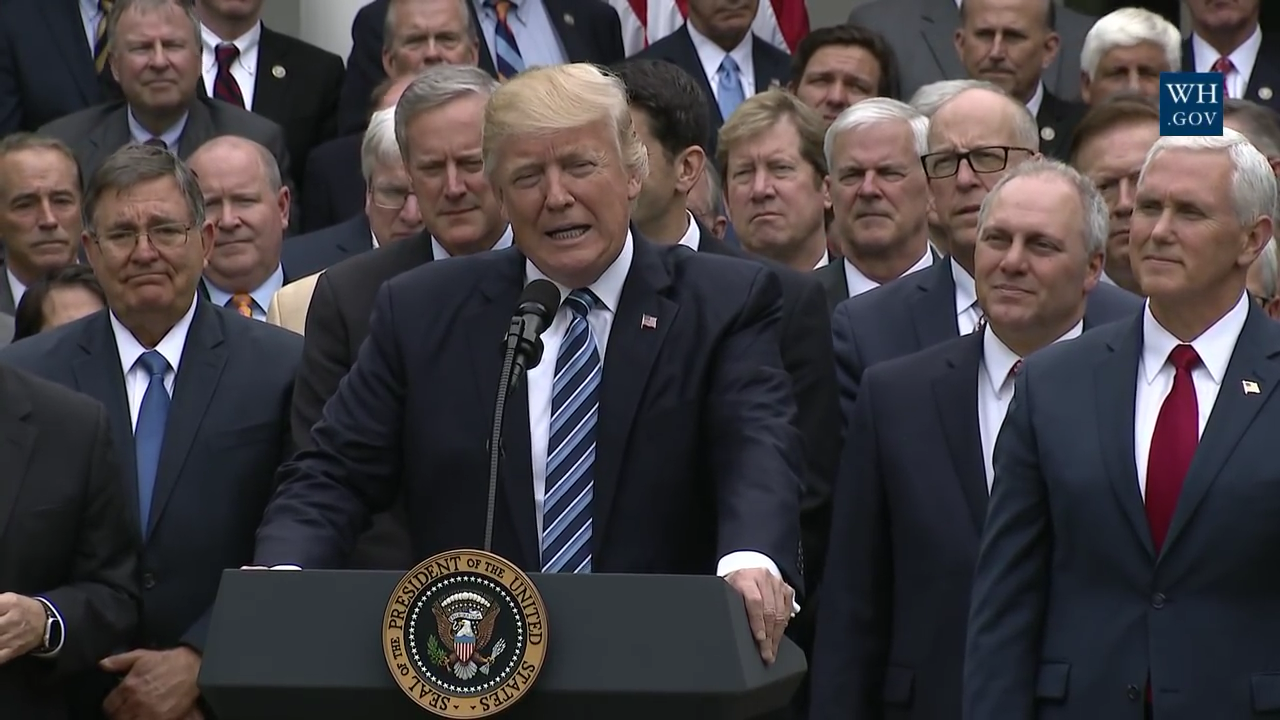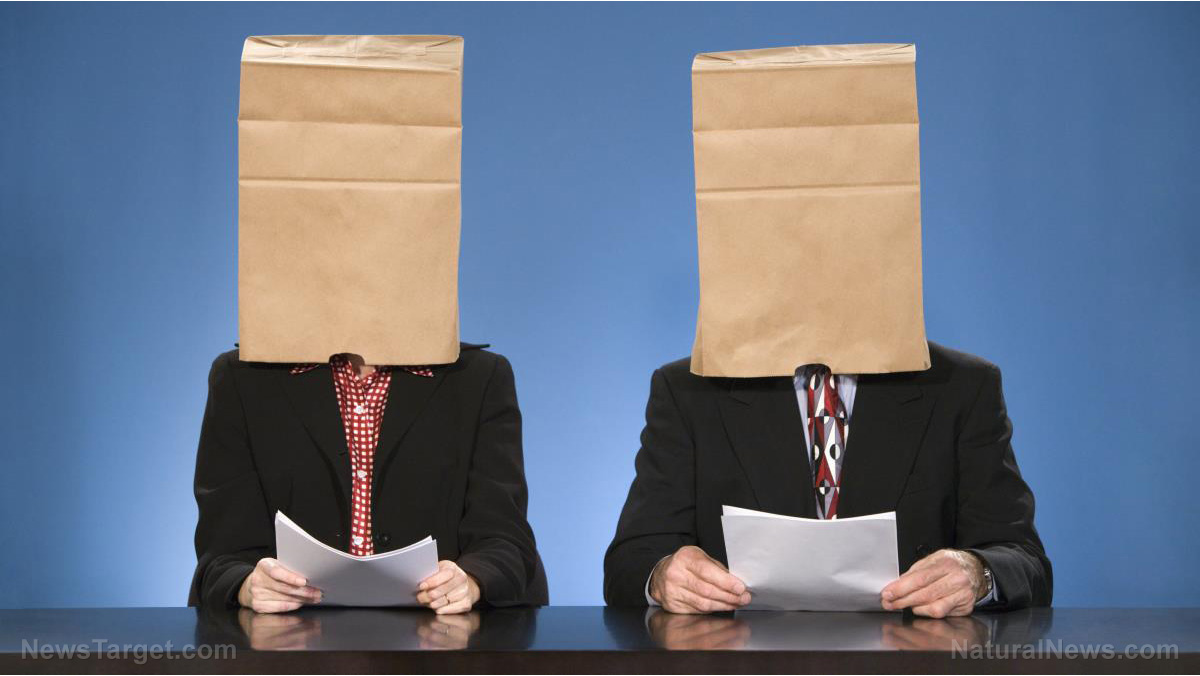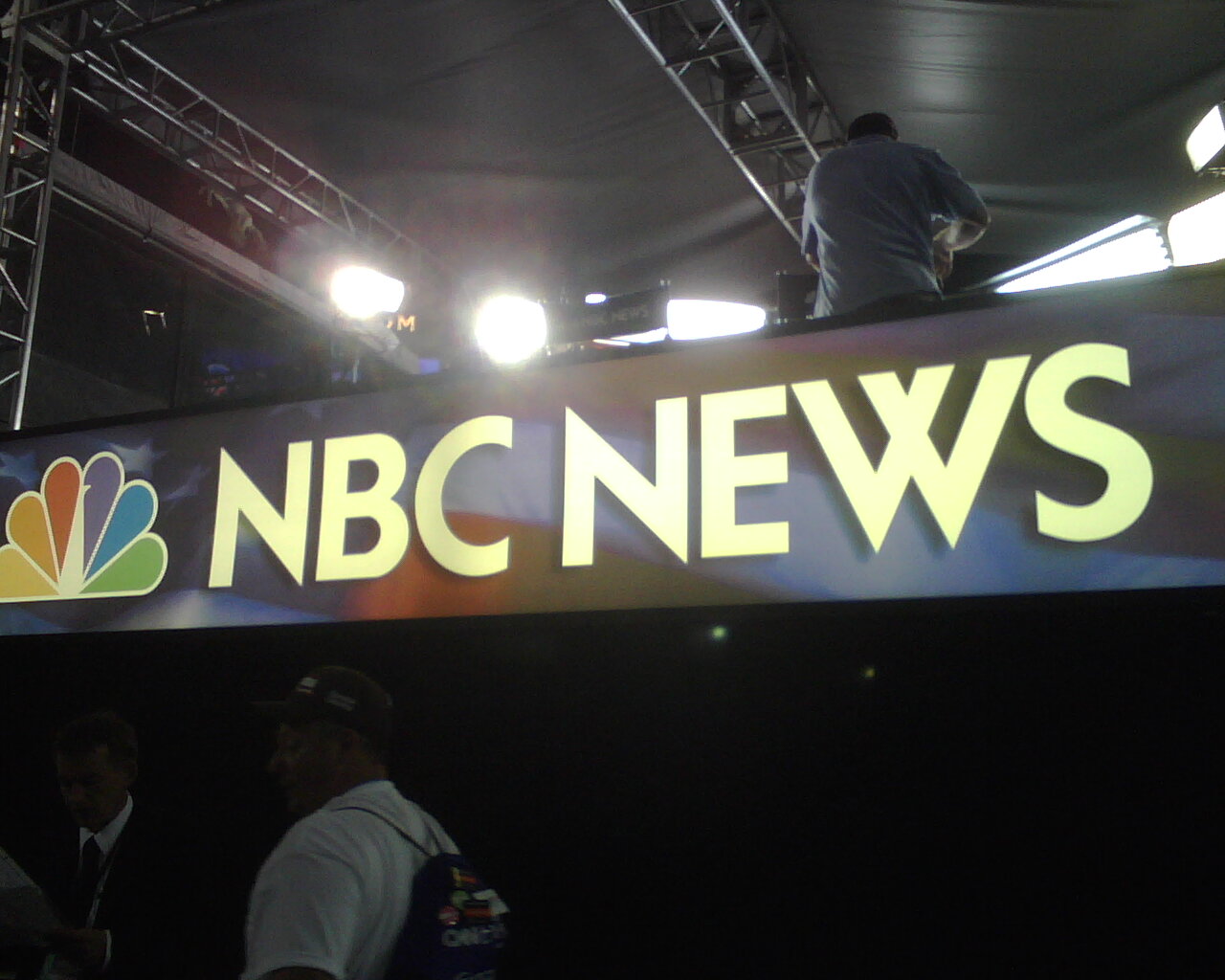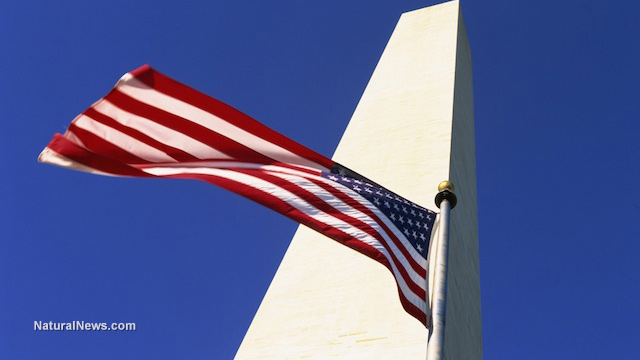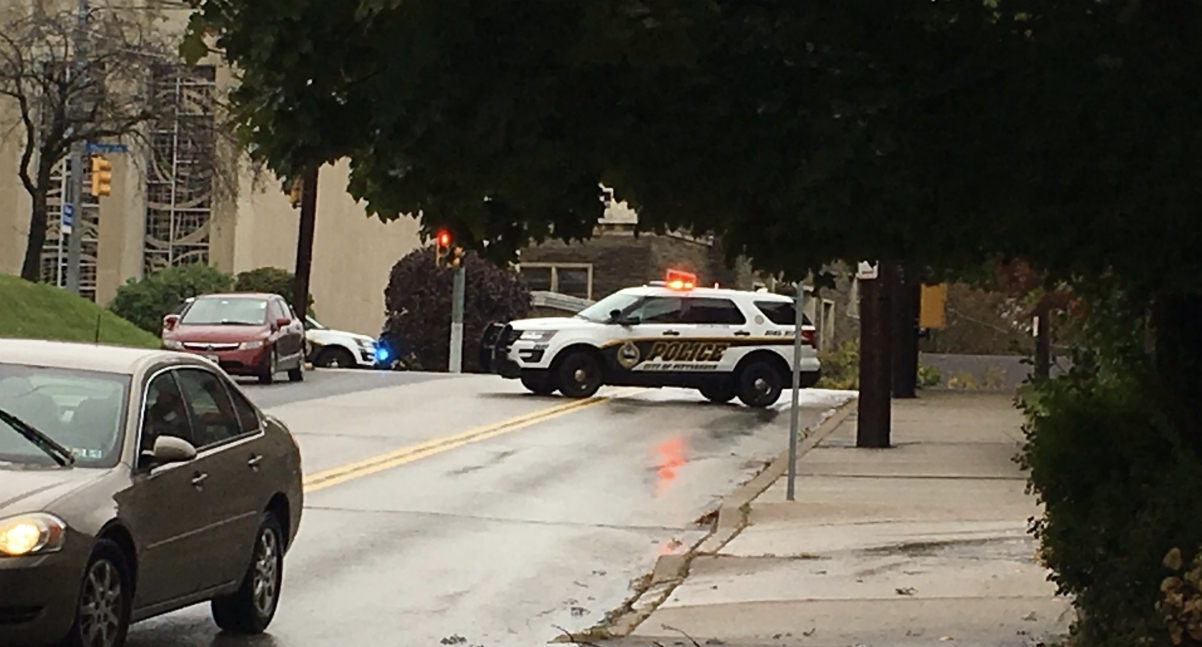Making up news: Trump fighting against “unnamed” sources in fake news media stories
02/28/2017 / By JD Heyes
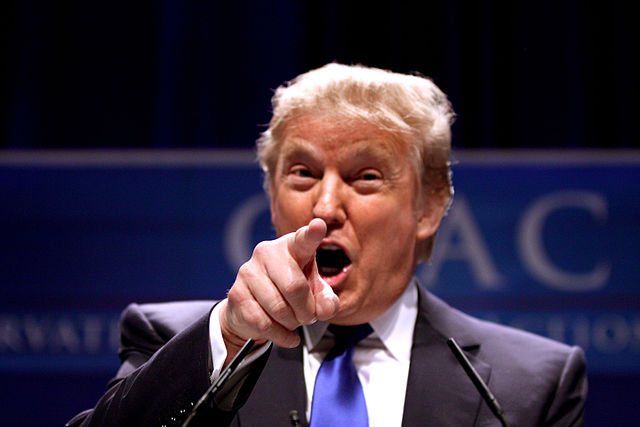
Though it’s probably not going to happen, President Donald J. Trump, in continuing his criticism of the establishment media in recent days, called on the press to stop using anonymous sources in their reporting, saying they should identify who is saying what or not use what they’re saying at all.
“Let there be no more ‘sources’” that are being cited in news stories, because fake news media “just make them up when they have none,” he said Friday during a speech to the Conservative Political Action Conference, CNS News reported.
“Let them say it to my face,” Trump said, calling on the Washington establishment press corps to stop relying on so-called “sources” that have little more than an ax to grind with the new president because they disagree with his world view and domestic policies.
Trump, along with several members of Congress, are frustrated with an increase in “leaks” that are being treated as legitimate information, though more often than not they turn out to be completely false or, at best, unsubstantiated innuendo. That leaves the administration having to respond to the fake news instead of moving forward on Trump’s agenda priorities.
One of the biggest hoaxes thus far has been the narrative that Russia hacked the outcome of the Nov. 8 election in favor of Trump. It persists because the mainstream media continue to treat sources who are “leaking” data that suggests it might be valid as real and genuine, when the information turns out to be completely bogus. In fact, though the media continue to report this fantasy Russian connection as valid, no U.S. intelligence chief has come forward to substantiate any of it.
Here’s a timeline of how the “Russia hack” story progressed:
— Within days of the November 8 election, the Washington Post published a hilariously false and unsubstantiated story relying entirely on a “report” prepared by a shadowy organization no one could identify to say that more than 200 news websites willingly published Russian propaganda (this was the beginning of the ‘fake news’ narrative). It was bogus from the outset, and the Post even published a sort-of retraction within hours. (RELATED: Washington Post Almost Admits Its Fake News Story About ‘Fake News’ Was….Fake)
— After that the ‘Russia’ narrative morphed into some damning “dossier” on the president, which included a notation about a disgusting sexual act the president allegedly paid for (it was bogus) at a Moscow hotel involving a previous stay in the same room by President and First Lady Obama. The “dossier” had been floating around in newsrooms for months before the election but no publication could substantiate any of it. Yet Buzzfeed decided to publish it in full, with CNN doing a “report” on what Buzzfeed reported. The result? Buzzfeed will have to defend itself in a court of law or reach a financial settlement with injured parties – including Russian tech firms – that were mentioned in the bogus dossier.
— Next, the Russian hoax transformed into Trump administration team members having possibly, maybe, perhaps illicit contact with Russian spies in the months leading up to the election. [Curious that U.S. intelligence agencies were reporting “Russian ballot hacking” attempts in the months before the November elections, but there was never any mention of Trump or his people having been linked to Russian intel at that time.] (RELATED: Russian Hack Narrative Revealed To Be Elaborate Media Hoax… Email Leaks Actually Came From Bernie Sanders Insider)
In fact, as Fox News host Sean Hannity pointed out on his website recently, FBI Assistant Director Andrew McCabe called a recent New York Times report claiming Trump team members were in “constant contact” with Russians before the election “BS.”
Hannity.com noted further:
The news comes on the same day that CNN ran with a story which asserted that the White House tried to pressure the FBI to refute recent stories about the Trump campaign’s alleged connections to Russia.
According to background information provided to reporters by the White House on Friday morning, it was the FBI that first approached Priebus about the veracity of the New York Times’ story and not, as CNN has suggested, the opposite way around.
It’s not likely that reporters will start insisting that their legitimate sources begin revealing themselves anytime soon, because much information that needs to be made public cannot be divulged without some harm caused to the whistleblower. But Trump’s overarching message that the establishment media is using false information and, quite probably false ‘sources,’ is spot-on.
J. D. Heyes is a senior writer for NaturalNews.com and Newstarget.com, and founding editor of The National Sentinel.
Sources:
Tagged Under: fake news, mainstream media, President Donald J. Trump, Trump.news

